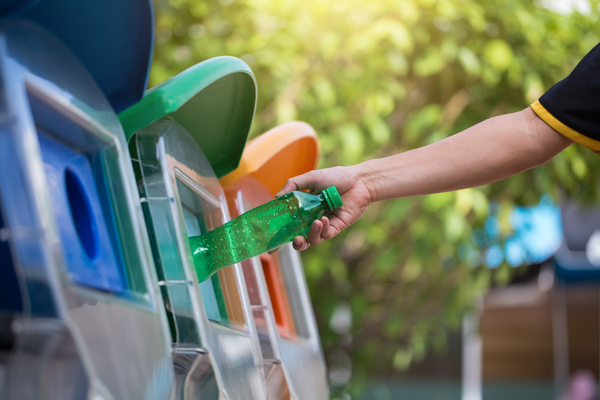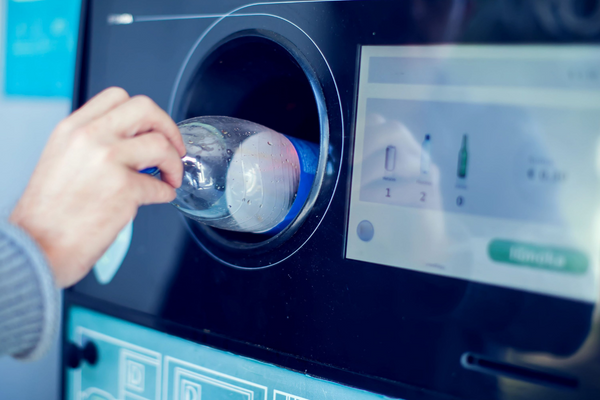January 12, 2023 Industry news
The Scottish Government has set producers a target to capture at least 90% of the single-use drinks containers included in the scheme and estimates by Zero Waste Scotland suggest this could reduce carbon emissions by an average of nearly 160,000 tonnes a year.
How will it work?
Scotland’s DRS will be going live in March 2024, charging consumers a 20p deposit on all products in scope at point of sale. Ahead of launch, there are a number of processes that both retailers and producers need to be aware of. This begins with registering with the scheme which is administered by Circularity Scotland Limited (CSL), an organisation that has been specifically created to ensure successful operation and roll-out. Ultimately, all drinks producers and importers operate in Scotland must be registered with Scotland’s Environmental Protection Agency (SEPA) who are responsible for regulating the scheme.
While drinks producers and importers will be responsible for delivering the scheme, retailers also have a key role to play by operating return points and managing deposits. The scheme will cover all single-use drinks containers made from PET plastic, glass, steel and aluminium drinks cans. The 20p deposit applies to all drink’s containers from 50ml miniatures right up to 3-litre kegs.
GS1 standards have a huge role to play in powering the Scottish scheme, allowing trusted data on the attributes and movements of products to be captured and shared seamlessly between key stakeholders at every stage of the supply chain.

Powering Scotland’s scheme
At GS1 UK, we’re in a unique position to provide insight on, and support the delivery of, a robust and efficient DRS. Our standards are already used in DRS systems across the world and we have played an active role in DRS industry groups for three past three years, allowing us to build a solid understanding the landscape and its challenges.
Circularity Scotland have confirmed that Global Trade Item Numbers (GTIN’s) will be used to identify products, enabling unique and accurate tracking through the deposit return. When a bottle or container is returned for recycling, its GS1 barcode will be scanned, identifying the product and refunding a deposit that is hardcoded into the item’s price.
All products in scope for DRS, must have a GS1 GTIN and a barcode symbol that is GS1 compliant in order for consumers to redeem their deposits. This also applies to retailer’s own brand products and cannot be an internal ID number.
With a limited window of opportunity to help industry prepare, we have been raising awareness of the current DRS challenges that our members cannot resolve alone. We have facilitated regular industry groups, workshops and roundtable to provide a platform for retailers and producers to collaborate, share ideas and explore potential solutions.
Getting ready for deposit return scheme in Scotland webinar
On Friday 20 January 2023, we hosted an interactive webinar that provided an overview of the current guidelines along with practical advice for ensuring your business is DRS ready.



